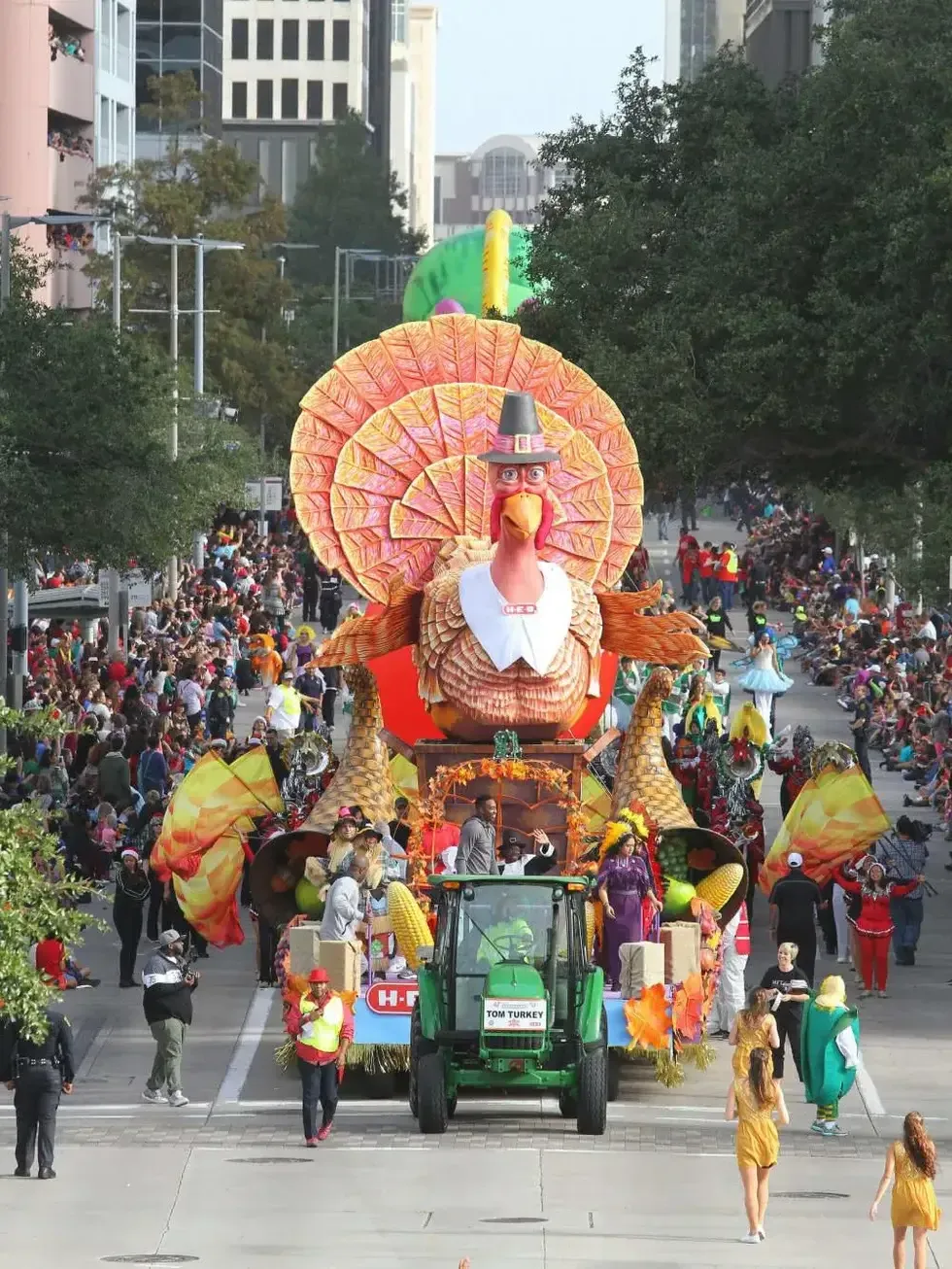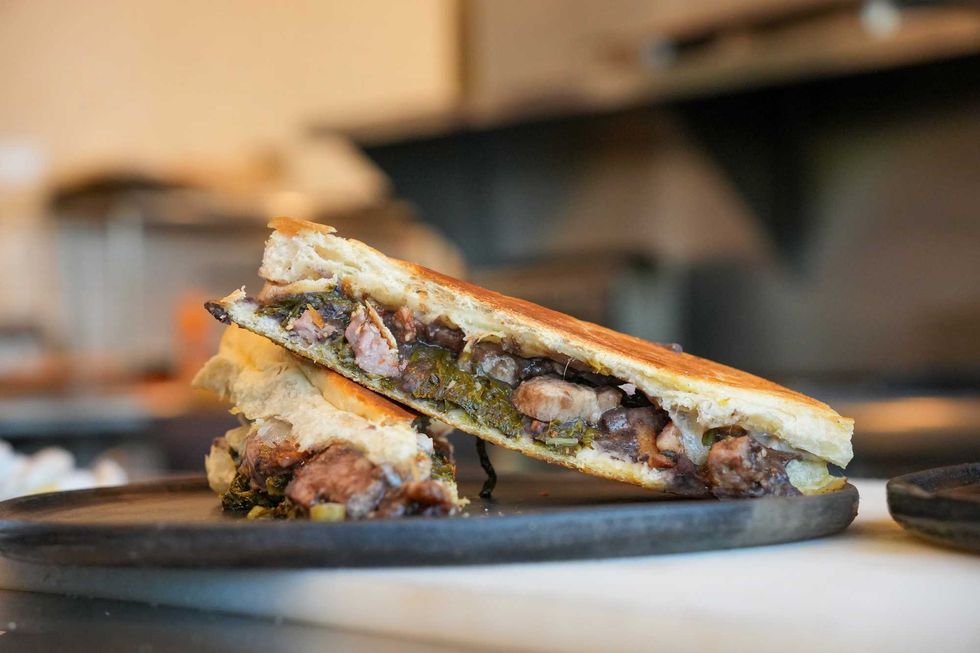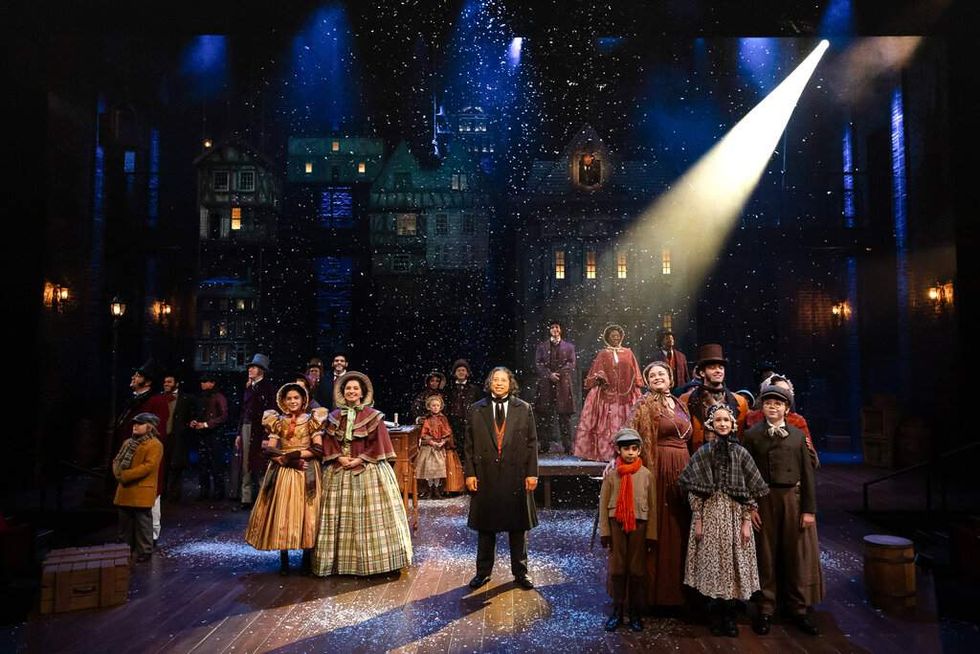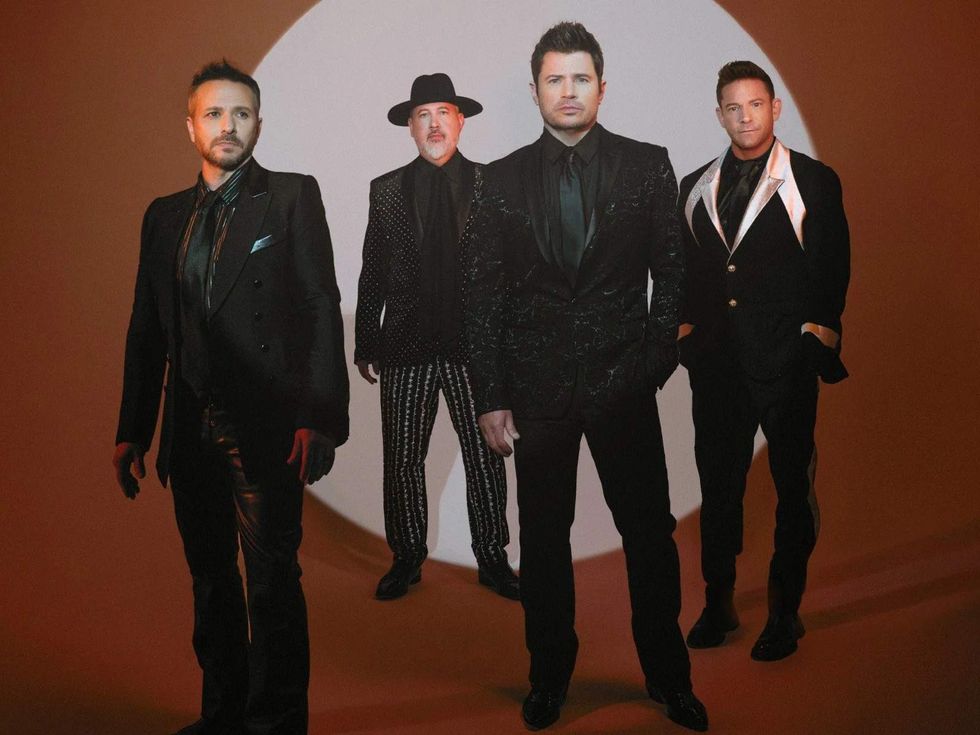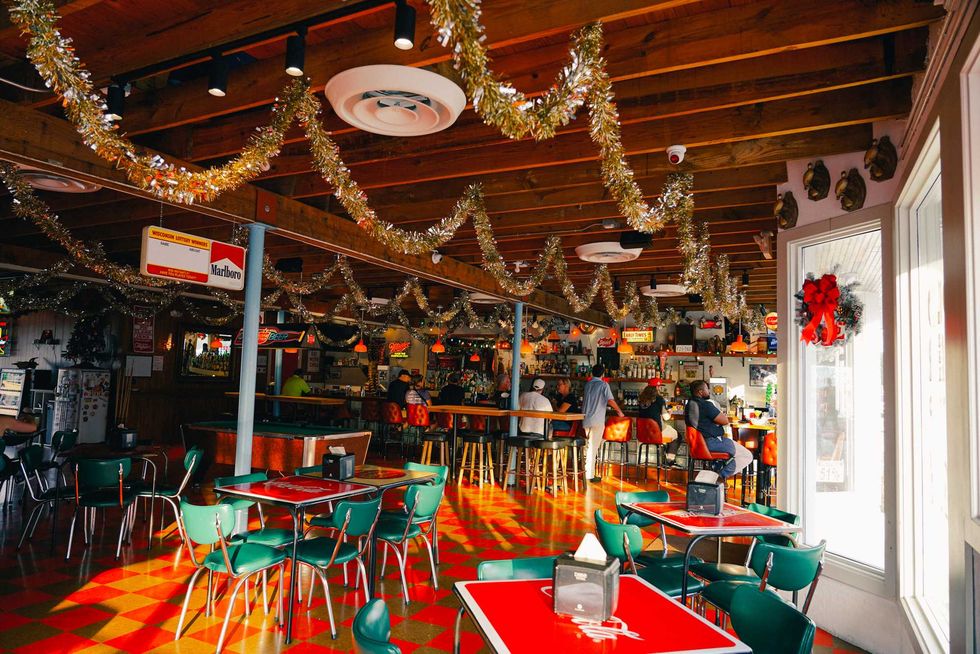The King Inspired A Houston Family to dream of success
In Elvis the Newinns Trust: "Welcome to Vietnamese Graceland — Houston style"
A beaming Henry Newinn taps the microphone with his finger as he stands on a cramped stage in his dining room. Behind him, a red neon sign says, “Elvis.” All around him, likenesses of the king of rock 'n' roll appear on plates, lampshades, canvases, the doors of an armoire, a skillet hanging on the kitchen wall, on the labels of a collection of Elvis wines.
“Welcome to Vietnamese Graceland, Houston-style,” he says. “We wish you many happinesses.”
He hands the mic to his 36-year-old son, Elvis John, as the intro to “I Can’t Help Falling in Love” swells from the speakers of a nearby karaoke machine. Henry and wife Tania smile dreamily as John’s buttery baritone begins: “Wise men say…only fools rush in….”
They’ve heard it before, hundreds of times. Henry, too, performs the King’s hits. For the Newinns, there’s no such thing as too much Elvis.
They have transformed their 4,000-square-foot house in west Houston into a live-in shrine to the megastar, with framed vintage photos staggered up the stairs, old TV Guides with Elvis’ face on the covers stacked on the coffee table, Elvis hand towels and shower curtain in the bathroom, a Graceland dollhouse, stacks of guitar-shaped candy tins bearing his autograph and a wardrobe of rhinestone-studded jumpsuits that John, a sales coordinator for a local TV station, wears when he performs at charity fundraisers.
And their two-car garage has never housed an automobile. It is a larger-than-life continuation of the shrine, with a robotic Elvis bust that moves its head from side to side as it croons the King’s hits when Henry pushes a button.
So what’s all the fuss about Elvis? To the Newinns, Elvis epitomizes America, and America is “the top land of opportunity,” Henry says – and their adopted home.
Henry was a teenager when American GIs first brought Elvis music to Vietnam in 1956. “I loved it, and I went crazy when I first saw Jailhouse Rock. All the teenagers did. We wanted to be like Elvis.”
Henry started performing Elvis’ hits at his sister’s nightclub in Saigon, curling his hair into a pompadour style with heated ivory chopsticks in the absence of hairdryers. He later went to work for the U.S. State Department in a province outside Saigon where, in 1975, he got word that advancing communist soldiers were 15 miles away. They grabbed their infant son John and a pillowcase stuffed with his diapers and fled, rowing out into the South China Sea where U.S. Marines with the 7th Fleet picked them up and eventually took them to the United States after the fall of Saigon. He and Tania finally landed in Houston, lured by warm weather similar to that in Vietnam and the large Asian community. Lonely and homesick, they scraped by on Henry’s scant wages as a busboy.
Then one day, Henry was driving down Telephone Road and saw a man selling black velvet portraits of Elvis from the back of his pickup. He saved his tips and returned with $5 to buy one. It became the family’s inspiration.
“We were in the ocean, and Elvis was our life preserver,” Henry says. “He gave us confidence to continue working in America.”
Both obtained engineering degrees and got jobs at large Houston companies. Son John and daughter Carol, who was born in the United States, grew up performing for the family and became confident on the stage. John became “Elvis John” and has won top honors as an Elvis impersonator in competition at Graceland. He recently taped an Elvis tribute to celebrate the Chinese New Year for a local Vietnamese TV station, one of many requests for performances he gets throughout the year. Carol became the first Vietnamese-American cheerleader for the Houston Texans in 2006 and now works as a banker in Los Angeles.
Henry and Tania used Elvis’ life as an example to their children. “We taught them that Elvis moved from scratch up to the top, and they could achieve great things, too, because Elvis did, and because they live in America, where everybody has a chance,” says Henry.
In the garage, a certain black velvet portrait, a little worse for the wear, has the central place of honor on the wall, with smaller pictures of Elvis on either side. Of all their memorabilia, it is their favorite.
It reminds them of their carefree, Elvis-crazed days in Vietnam before the communists came, of their first months in Houston feeling isolated, living on the edge of poverty and missing their home half a world away. Henry can still feel the surge of joy that rose inside him when he first spotted the man on Telephone Road selling the portraits and the determination it inspired inside him to thrive.
More than anything, it reminds them of how far they’ve come. It’s their story of success. It’s Elvis’ story.

